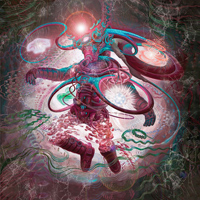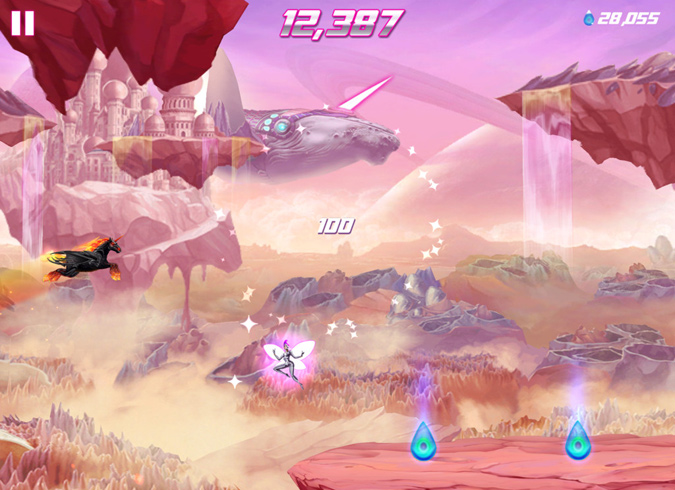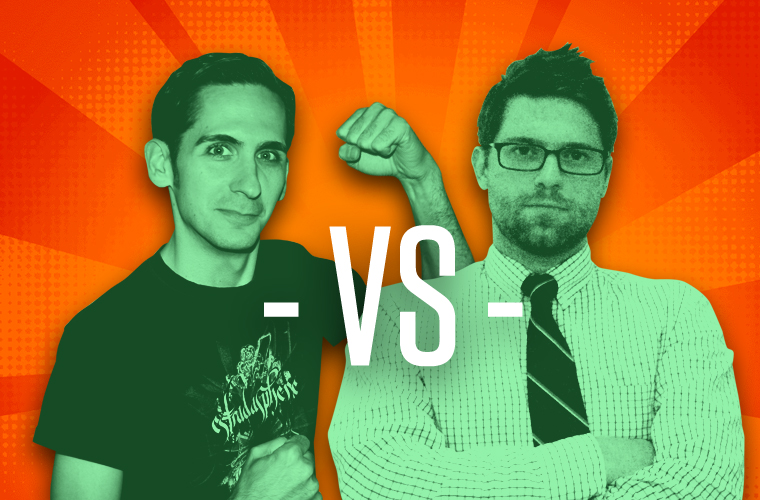Scott Morrow is ALARM’s music editor. Patrick Hajduch is a very important lawyer. Each week they debate the merits of a different album.
 Ford & Lopatin: Channel Pressure (Software / Mexican Summer, 6/7/11)
Ford & Lopatin: Channel Pressure (Software / Mexican Summer, 6/7/11)
Ford & Lopatin: “World of Regret”
[audio:https://alarm-magazine.com/wp-content/uploads/2011/06/Ford__Lopatin_World_of_Regret.mp3|titles=Ford & Lopatin: “World of Regret”]
Hajduch: Ford & Lopatin (formerly Games) is comprised of Daniel Lopatin (a.k.a. Oneohtrix Point Never) and Joel Ford (from indie/’80s-pastiche band Tigercity). Their music together is a jittery, looped amalgam of trashy ’80s vibes. Riffs and vocals are recorded, deconstructed, down-sampled, and smashed back together. Their previous output as Games was a hypnotic series of tightly looped samples from synth-pop hits that never existed.
Channel Pressure takes the conceit a step further, adding occasional lyrics and the nebulous idea of a concept album. If you toned down the funk (and the length) of the poppier songs from Daft Punk‘s Discovery, and made them a bit more spastic, you’d approach the sound of Channel Pressure.
Morrow: To me, it sounds like Prefuse 73 twisting around the Miami Vice theme. The ’80s synth sounds and fake drum hits are out of control. Between those elements, the airy pop vocals, and the deep, bouncy bass, Channel Pressure has enough nostalgia to unleash a torrent of endorphins for anyone born before 1988. (Entertainingly, one song is titled “Too Much MIDI (Please Forgive Me).”)
But there’s enough of a modern and experimental twist (hence the slightly stretched Prefuse comparison), and that prevents it from being strict homage.
 Coheed and Cambria: The Afterman: Descension (Hundred Handed / Everything Evil, 2/5/13)
Coheed and Cambria: The Afterman: Descension (Hundred Handed / Everything Evil, 2/5/13)






